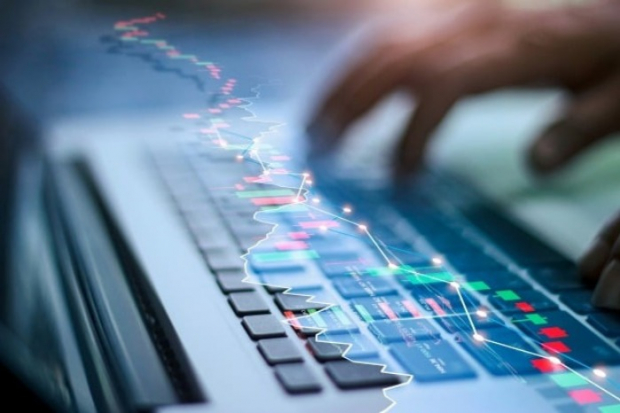Korean stock market
Individual investors in S.Korea betting on stock market's decline
They are investing in exchange-traded funds that earn profit only when the Kosdaq index falls
By Feb 09, 2023 (Gmt+09:00)
1
Min read
Most Read
LG Chem to sell water filter business to Glenwood PE for $692 million


Kyobo Life poised to buy Japan’s SBI Group-owned savings bank


KT&G eyes overseas M&A after rejecting activist fund's offer


StockX in merger talks with Naver’s online reseller Kream


Mirae Asset to be named Korea Post’s core real estate fund operator



Despite South Korea's Kosdaq stock market growing this month following the "January rally," individual investors in the country are still betting on the market's decline, especially "debt investment" stocks with high debt ratios that are concurrently exchange-traded funds that make profits only when the index falls.
The Korea Exchange on Wednesday said the Kosdaq index rose 14.8% this year as of Feb. 8, outperforming the 11% growth of the benchmark Kospi stock market over the same period.
Last year, the Korean tech-heavy stock market index fell 34.3% for 2022 due to the weak stock market, worse than the Kospi index, which fell 24.8%. This month alone, Kospi rose only 2.4% as of Wednesday, less than half of Kosdaq's 5.4% growth.
Despite Kosdaq's growth, individuals are still betting on the market's decline. They bought 60.3 billion won worth of the Kodex Kosdaq 150 Futures Inverse this month through Wednesday, No. 2 in net purchases among ETFs purchased by individuals over the period.
The Kodex Kosdaq 150 Futures Inverse also topped the market in the percentage of margin trading, or the ratio of margin trading stocks out of all shares, with 18%. In amount, this means that 59.5 billion won ($47 million) of Kosdaq's seven-day market cap of 330.6 billion won was bought with "debt investment."
Write to Tae-Ung Bae at btu104@hankyung.com
More to Read
-
 Upcoming IPOsS.Korean companies in renewed push for Kosdaq listings
Upcoming IPOsS.Korean companies in renewed push for Kosdaq listingsJan 25, 2023 (Gmt+09:00)
1 Min read -

-
 Korean stock marketKorea reopening stocks rally as govt. eases COVID-19 restrictions
Korean stock marketKorea reopening stocks rally as govt. eases COVID-19 restrictionsMar 11, 2022 (Gmt+09:00)
3 Min read
Comment 0
LOG IN


